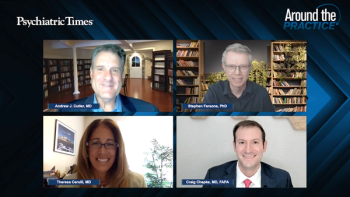
Drs Stephen Faraone, Theresa Cerulli, Craig Chepke, and Andrew J. Cutler discuss novel drug delivery systems and provide take-home messages when treating an adult with ADHD.

Drs Stephen Faraone, Theresa Cerulli, Craig Chepke, and Andrew J. Cutler discuss novel drug delivery systems and provide take-home messages when treating an adult with ADHD.
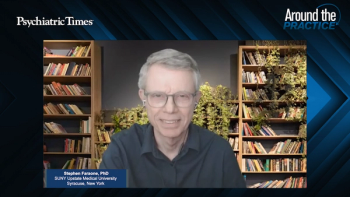
Stephen Faraone, PhD; Theresa Cerulli, MD; Craig Chepke, MD, FAPA; and Andrew J. Cutler, MD, discuss implications of pharmacogenetic testing in ADHD.
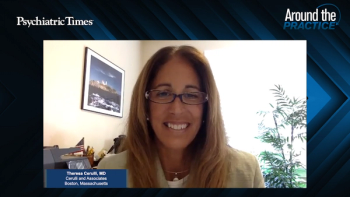
ADHD experts discuss factors that drive treatment selection when selecting therapy for an adult with ADHD.

Theresa Cerulli, MD, and Andrew J. Cutler, MD, provide insight on goals of therapy for patients with ADHD.

Stephen Faraone, PhD, presents the case of a 24-year-old patient with ADHD.
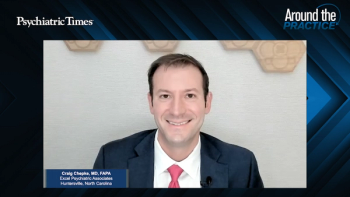
ADHD experts discuss the importance of an integrative approach in the treatment of adults with ADHD.

Stephen Faraone, PhD; Theresa Cerulli, MD; Craig Chepke, MD, FAPA; and Andrew J. Cutler, MD, discuss addressing non-adherence and the stigma of ADHD.

Drs Stephen Faraone, Theresa Cerulli, Craig Chepke, and Andrew J. Cutler discuss how to deal with other comorbidities when treating an adult with ADHD.

Experts in psychiatry provide insight on a patient case as well as discuss challenges with ADHD.

Stephen Faraone, PhD, presents the case of a 23-year-old patient with ADHD.

A panel of ADHD specialists discuss the impact of treatment delay when dealing with an adult patient.

Drs Stephen Faraone, Theresa Cerulli, Craig Chepke, and Andrew J. Cutler discuss how to co-manage a patient with ADHD with other specialties.

Experts in psychiatry discuss tips to differentiate between ADHD and other co-morbid psychiatric disorders.

Stephen Faraone, PhD; Theresa Cerulli, MD; Craig Chepke, MD, FAPA; and Andrew J. Cutler, MD, discuss factors which prompt adults for an ADHD consultation.

Stephen Faraone, PhD, presents the case of a 19-year-old male with ADHD.

Experts in psychiatry discuss the future of ADHD management as well as challenges when approaching treatment of adult ADHD.

Stephen Faraone, PhD; Theresa Cerulli, MD; Craig Chepke, MD, FAPA; and Andrew J. Cutler, MD, discuss efficacy and safety of treatment options in adults with ADHD.

Craig Chepke, MD, FAPA, and Andrew J. Cutler, MD, discuss unmet needs in adults with ADHD.


Some criminal activity can be eliminated by pharmacotherapy for ADHD. Should this information influence clinical practice? The short answer is an unequivocal “yes.”

New research into the genetic basis and possible genetic markers for attention-deficit/hyperactivity disorder may open the door for new treatments. There is a clear concordance between twins who have ADHD, as well as siblings. What can genetic mapping tell us about treating ADHD?

The Human Genome project has provided an abundance of genetic information, including identification of many disease-causing genes. Clinical applications, genetic counseling and the potential ethical issues raised by the availability of genetic testing are all areas of concern in gene research. Will genetic counseling in classical genetic diseases help to provide guidelines for behavioral disorders?
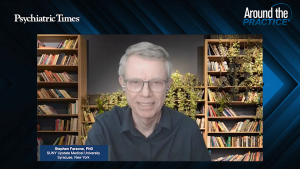
Published: October 21st 2022 | Updated:
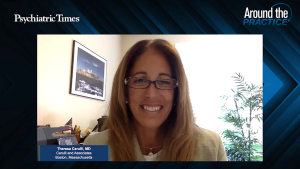
Published: October 7th 2022 | Updated:

Published: October 14th 2022 | Updated:

Published: September 16th 2022 | Updated:

Published: September 30th 2022 | Updated:

Published: October 7th 2022 | Updated: